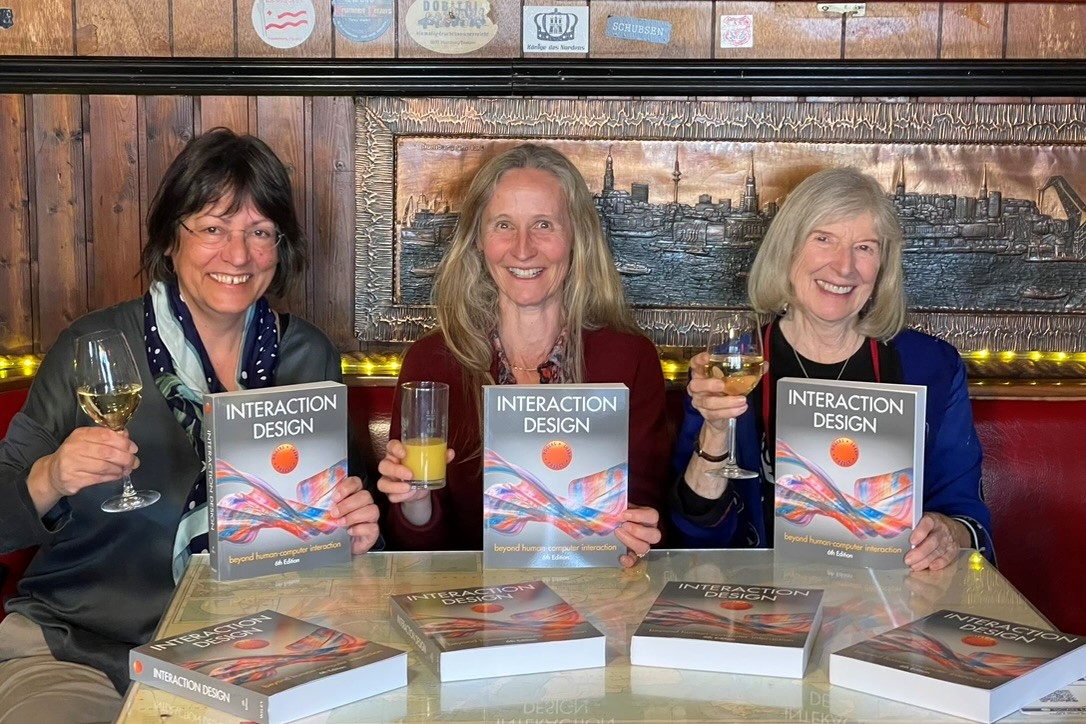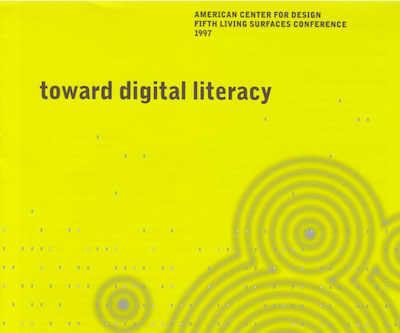Jenny Preece, Yvonne Rogers, & Helen Sharp
Authors of One of the Most Popular Texts on Interaction Design
Written by Erin Malone
Best known for their groundbreaking text Interaction Design: Beyond Human Computer Interaction (1994), Helen Sharp, Jenny Preece, and Yvonne Rogers began collaborating when they created the first distance education course in HCI for the Open University in the UK. This course work laid the groundwork for their book. The book was one of the first texts to codify the discipline beyond academia and it covers all aspects of design, research, and implementation of processes and methods used by interaction designers and educators alike. In an interview conducted by Elizabeth Dykstra-Erickson for Interactions when the 2002 edition of the book came out, Helen Sharp commented on the book’s target audience: “Our book provides a view of the subject that will be accessible to students from several disciplines, including cognitive psychology, computer science, and information systems. Parts of the book are also appropriate for practitioners including web designers and usability professionals.”[1] The book, in its sixth edition as of 2023, has continually been updated as technology and methods have evolved in the field. To date the book has been translated into seven languages.
Co-authors Jenny Preece (University of Maryland), Helen Sharp (Open University) and Yvonne Rogers (UCLIC) held a party in Hamburg, during the ACM CHI Conference on Human Factors in Computing Systems, 23-28 April 2023.
Image from https://uclic.ucl.ac.uk/news-events-seminars/book-launch-with-a-bang
Jenny Preece
Jenny Preece, PhD, received her doctorate at the Open University. She has served as a Research Professor of Information Systems and was the founding Director of the Research Center for People and Systems Interaction at London South Bank University. She emigrated to the U.S. in 1996 and from 2005-2015, she served as the Dean of the College of Information Studies and as a Professor at the University of Maryland.
Preece has spent time researching the relationship between usability and sociability, especially in healthcare communities, and she coined the term “empathic communities” to describe what the behavior she saw between members of these online spaces. She continued her research and writing about online communities through the 2000’s; writing about longitudinal analysis as well as digging into empathy and trust. Preece authored one of the first community design books, Online Communities: Designing Usability, Supporting Sociability in 2000, but she was researching and writing about these communities for years[2]. Preece’s book was published so early in the life of online communities, it helped define what these communities were and detailed usability concerns within them. Preece’s book shares insights from research conducted across interpersonal communication—both online and offline—and how that communication may affect the success of an online community. This was the days before Facebook, Twitter, and the large social media platforms we see today.
The focus in the user centered, research-driven design of these emerging experiences of small, subject focused, online communities laid the groundwork for how many of us designed community spaces. The book also included a section on sociability and usability which was useful to those of us designing and moderating these early web communities. Of the book, Howard Rheingold, author of Virtual Community, said, “Anyone interested in growing virtual communities would benefit from this well researched and well thought out exposition of human interface and social issues underlying virtual community design. Jenny Preece provides an important perspective on social cyberspace that has not been available before—the social infrastructure provided by thoughtful user interface design.”[3]
Preece’s later articles about social etiquette provide insight into the loss of common courtesy as social experiences expanded and more people moved online. Preece digs into the complexity of these communities and what needed to change to mitigate the trend she was seeing. “Creative new sociotechnical processes are needed that address knowledge about cross-cultural communication; counseling; group facilitation strategies; conflict management; community development; personal and group identity online; as well as strong technical know-how.”[4]
In her later research, Preece has shifted her focus to the study of how technology can encourage citizen engagement in science. She was elected to the CHI Academy in 2011.
Yvonne Rogers
Yvonne Rogers, PhD, received her undergraduate degree in psychology in 1982 and her PhD in Human Computer Interaction in 1988 from the University of Wales. She has been a professor at schools in the UK and in the US and is currently a professor and the chair of Interaction Design in the Department of Computer Science at the University College London. Her specialties have included ubiquitous computing as well as public visualizations and behavioral changes.
In her bio on the University’s site, Rogers says, “Central to my work is a critical stance towards how visions, theories and frameworks shape the fields of HCI, cognitive science and Ubicomp. I have been instrumental in promulgating new theories (e.g., external cognition), alternative methodologies (e.g., in the wild studies) and far-reaching research agendas (e.g., “Being Human: HCI in 2020” manifesto).”[5]
In addition to the book Interaction Design, Rogers has also authored HCI Theory: Classical, Modern, and Contemporary (Synthesis Lectures on Human-Centered Informatics) in 2012, and Research in the Wild with Paul Marshall in 2017.
In 2007, Rogers co-authored the “Being Human: HCI in 2020” manifesto, an outcome of a two-day workshop held in Seville, Spain, that brought together academics and practitioners to discuss the future of HCI and how it must change its scope and methods to remain relevant. Sponsored by Microsoft Research, the workshop was followed by an article in Interactions in 2009 by Abigail Sellen and co-authored by Rogers. The piece lays out some of the highlights, “Our first suggestion, described more fully in the Seville workshop’s Being Human report, is to extend the ways in which user-centered research and design are conducted by explicitly addressing human values. A simplified but helpful model of current practice is that projects typically follow an iterative cycle, comprised of four fundamental stages, in which HCI specialists sequentially study, design, build, and evaluate technology with users….The Being Human report proposes that a new agenda for HCI should enhance this model by adding another stage—an initial stage, called understand—which aims to pinpoint the human values that the technology in question will be designed to serve.”[6] The piece goes on to question the definitions of each of the phases given the rise of emerging technologies, embedded tech in objects, the changing landscape of IoT, and how people interact with these new experiences in everyday life.
The article also examines how researchers and designers need to pay extra attention to people in the system. “The fact that we now live with technology and not just use it means that HCI must also take into account the truly human element, conceptualizing ‘users’ as embodied individuals who have desires and concerns and who function within a social, economic, and political ecology.”[7] This insight brings together what practitioners have long focused on—user centered contexts—with the academic’s focus on usability into a cohesive concern and conceptual framework for understanding interaction design. We are still grappling with many of these same questions a dozen years later.
Additionally, Rogers has written and co-authored hundreds of papers and articles about ubiquitous computing, next generation HCI considerations in design, design for children, education, mobile and computer systems in general, and the considerations researchers and designers must have as they work.
Rogers is a frequent speaker and often spends her sabbaticals teaching around the world including at Stanford, Apple, Queensland University, University of Cape Town, University of Melbourne, and UC San Diego. She was elected to the CHI Academy in 2012 and became a Fellow of the ACM in 2017. In 2021, she was awarded The Royal Society Milner Award for contributions in European computer science and Human-Computer Interaction and for her work in the design of human-centered technologies.
Helen Sharp
Helen Sharp, PhD, is primarily a software engineer who was drawn to HCI while studying software designed for software engineers to create workarounds.
She received her degrees in Mathematics at University College London before working in software development. In 1987, Sharp began teaching computing at the Open University and held several positions there until 2008.
In 2014, Sharp became Associate Dean for Research, Scholarship and Enterprise in Maths and Computing and in 2016 was appointed Associate Dean for Research and Scholarship in the newly formed STEM Faculty at Open University. In addition to co-authoring Interaction Design, Sharp is co-author of dozens of articles and papers related to interaction design in IT and software development.
Sharp’s focus on human factors and qualitative research methods from other disciplines led her to user-centered design practices and the field of interaction design. She uses these techniques and methods to improve software development, including Agile methods and object-oriented technology based on in-the-field research with software practitioners.
Footnotes
[1] Elizabeth by Dykstra-Erickson, “Perspectives on Interaction Design by Yvonne Rogers, Helen Sharp, and Jennifer J. Preece,” Interactions 9 (March 2002): 119–22, https://doi.org/10.1145/505103.505140.
[2] Jenny Preece, “Empathic Communities: Reaching out across the Web,” Interactions 5 (March 1998): 32–43, https://doi.org/10.1145/274430.274435.
[3] Jenny Preece, Online Communities : Designing Usability, Supporting Sociability (Wiley, 2000), https://www.wiley.com/en-us/Online+Communities%3A+Designing+Usability+and+Supporting+Sociability-p-9780471805991.
[4] Jenny Preece, “Etiquette Online: From Nice to Necessary,” Communications from the ACM. ACM 47 (April 2004): 56–61, https://doi.org/10.1145/975817.975845.
[5] Yvonne Rogers, “Prof Yvonne Rogers,” UCL Psychology and Language Sciences, January 29, 2018, https://www.ucl.ac.uk/pals/people/yvonne-rogers.
[6] Abigail Sellen et al., “Reflecting Human Values in the Digital Age,” Communications from the ACM. ACM 52 (March 2009): 58–66, https://doi.org/10.1145/1467247.1467265.
[7] Ibid
Bibliography
Dykstra-Erickson, Elizabeth by. “Perspectives on Interaction Design by Yvonne Rogers, Helen Sharp, and Jennifer J. Preece.” Interactions 9 (March 2002): 119–22. https://doi.org/10.1145/505103.505140.
Interaction Design Foundation. “Author: Helen Sharp.” The Interaction Design Foundation. Accessed October 8, 2021. https://www.interaction-design.org/literature/author/helen-sharp.
———. “Author: Jennifer J. Preece.” The Interaction Design Foundation. Accessed October 8, 2021. https://www.interaction-design.org/literature/author/jennifer-j-preece.
———. “Author: Yvonne Rogers.” The Interaction Design Foundation. Accessed October 8, 2021. https://www.interaction-design.org/literature/author/yvonne-rogers.
“Keynote Talks.” Irish HCI 2016, October 8, 2016. https://irishhci2016.wordpress.com/keynotes/.
Preece, Jenny. “Empathic Communities: Reaching out across the Web.” Interactions 5 (March 1998): 32–43. https://doi.org/10.1145/274430.274435.
———. “Etiquette Online: From Nice to Necessary.” Commun. ACM 47 (April 2004): 56–61. https://doi.org/10.1145/975817.975845.
———. Online Communities: Designing Usability, Supporting Sociability. Wiley, 2000. https://www.wiley.com/en-us/Online+Communities%3A+Designing+Usability+and+Supporting+Sociability-p-9780471805991.
Rogers, Yvonne. “Ghosts in the Network: Distributed Troubleshooting in a Shared Working Environment,” 346–55. Toronto, Ontario, Canada: Association for Computing Machinery, 1992. https://doi.org/10.1145/143457.143546.
———. “Interaction Design Gone Wild: Striving for Wild Theory.” Interactions 18 (July 2011): 58–62. https://doi.org/10.1145/1978822.1978834.
———. “Is Remote the New Normal? Reflections on Covid-19, Technology, and Humankind.” Interactions 27 (July 2020): 42–46. https://doi.org/10.1145/3403586.
———. “Prof Yvonne Rogers.” UCL Psychology and Language Sciences, January 29, 2018. https://www.ucl.ac.uk/pals/people/yvonne-rogers.
Sellen, Abigail, Yvonne Rogers, Richard Harper, and Tom Rodden. “Reflecting Human Values in the Digital Age.” Commun. ACM 52 (March 2009): 58–66. https://doi.org/10.1145/1467247.1467265.
Sharp, Helen. “Professor Helen Sharp.” www.open.ac.uk. The Open University, n.d. https://www.open.ac.uk/people/hcs2.
Shneiderman, Ben. Encounters with HCI Pioneers: A Personal History and Photo Journal. San Rafael, CA: Morgan & Claypool Publishers, 2019.
Stanford HCI Group. “2018-03-09 Rogers.” hci.stanford.edu, March 9, 2018. https://hci.stanford.edu/courses/cs547/speaker.php?date=2018-03-09.
“Talk: Yvonne Rogers – Do We Need Discipline? | Bauhausinteraction.org.” Bauhaus Interaction Colloquium, June 27, 2016. http://bauhausinteraction.org/2016/04/talk-yvonne-rogers/.
“The Royal Society Milner Award and Lecture | Royal Society.” royalsociety.org. Accessed October 8, 2021. https://royalsociety.org/grants-schemes-awards/awards/milner-award/.
Selected Stories
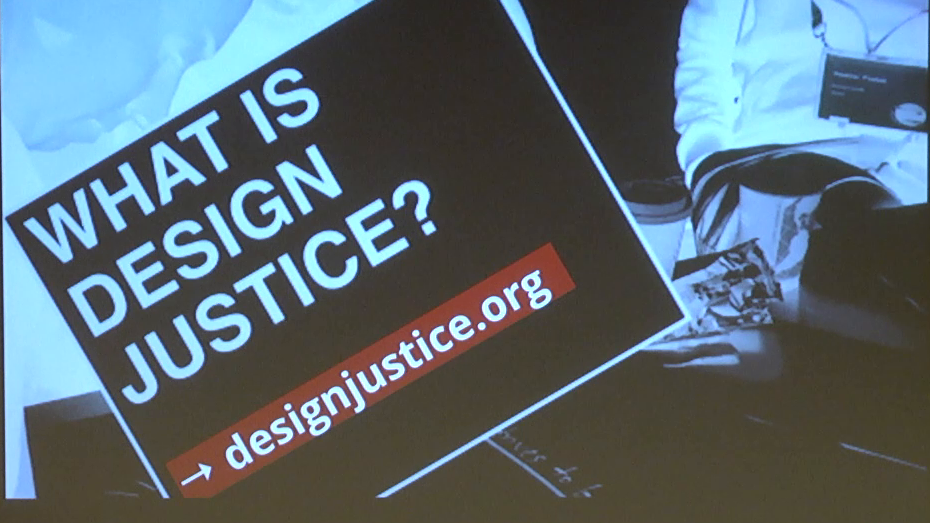
Sasha Costanza-ChockProject type
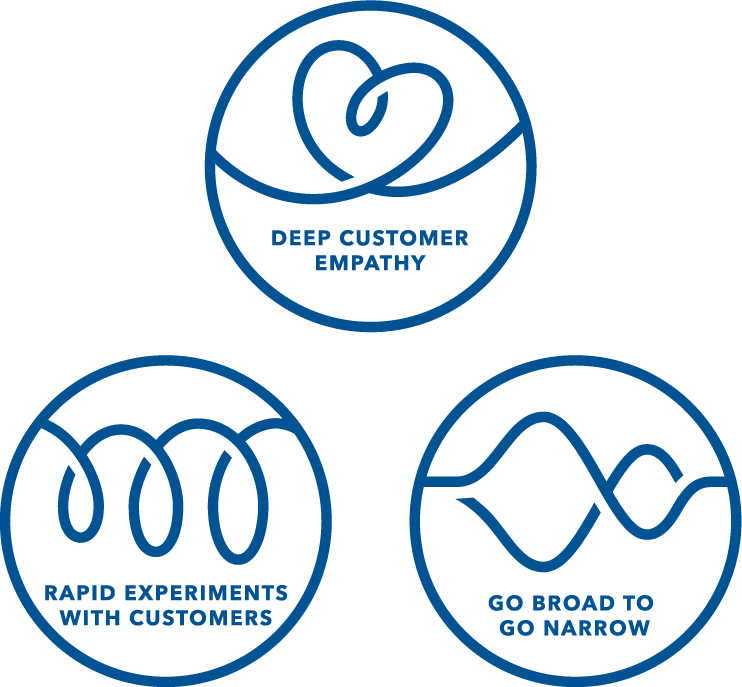
Kaaren HansonProject type
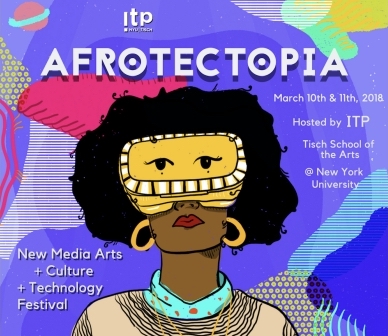
Ari MelencianoProject type

Mizuko Itoresearch
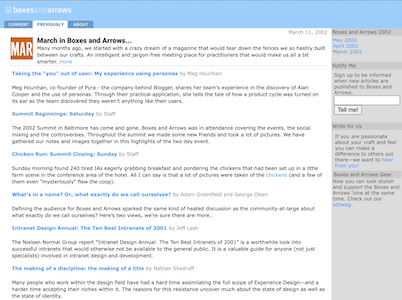
Boxes and ArrowsProject type

Mithula NaikCivic
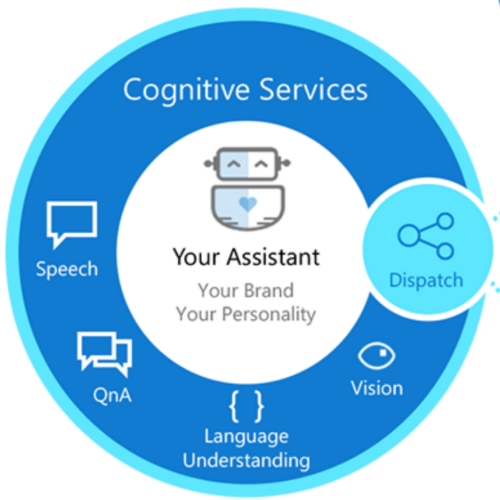
Lili ChengProject type

Ovetta SampsonProject type
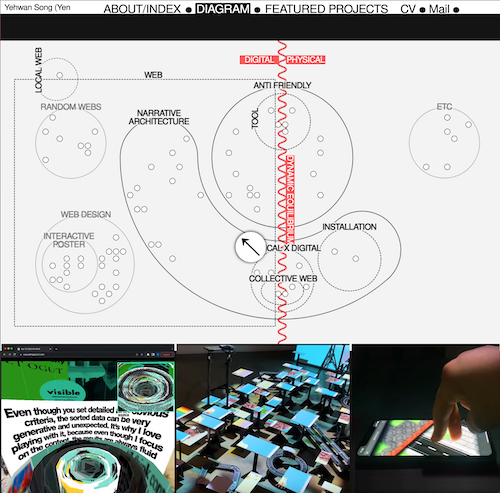
Yehwan SongProject type

Anicia PetersProject type

Simona MaschiProject type
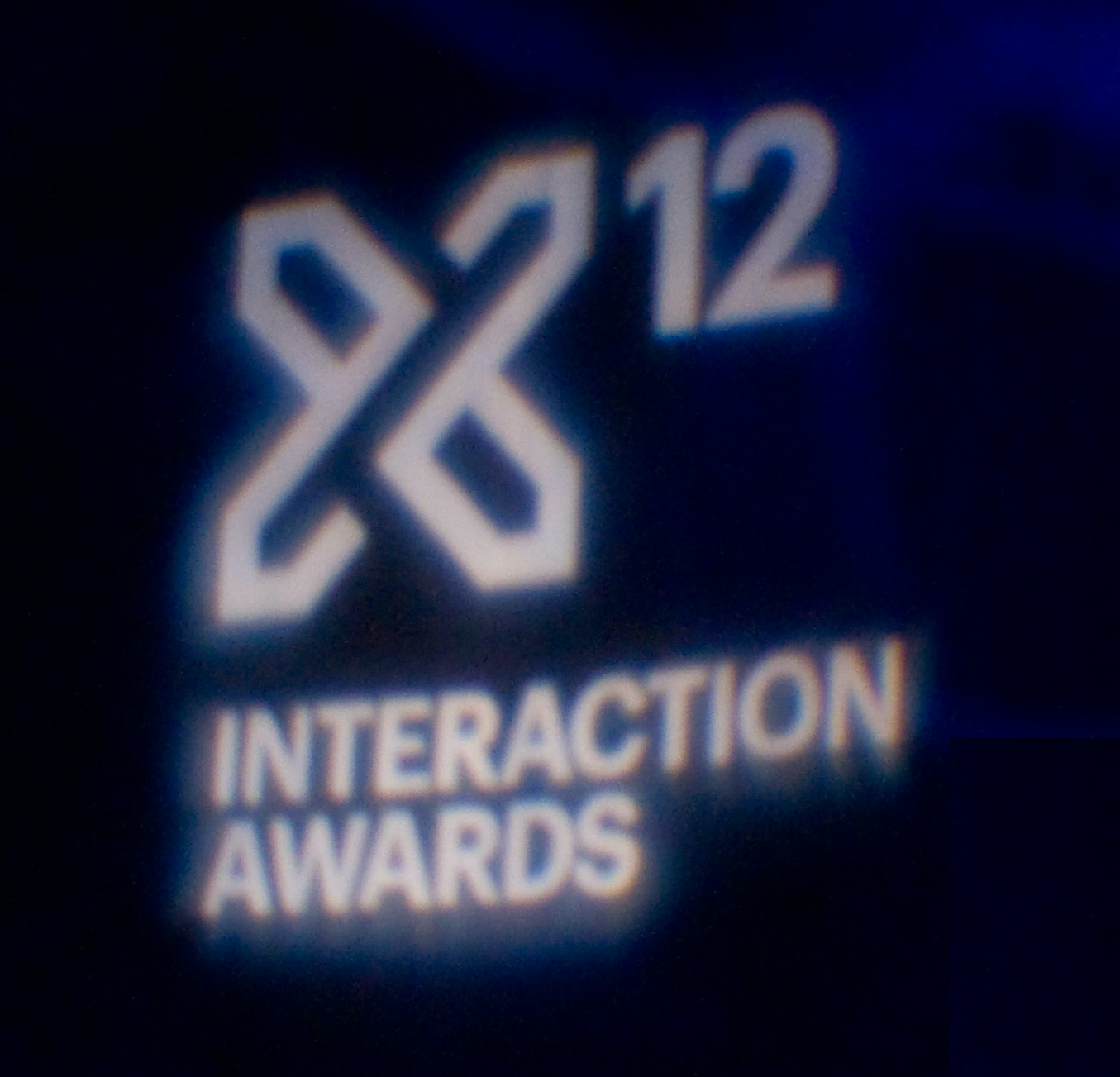
Jennifer BoveProject type
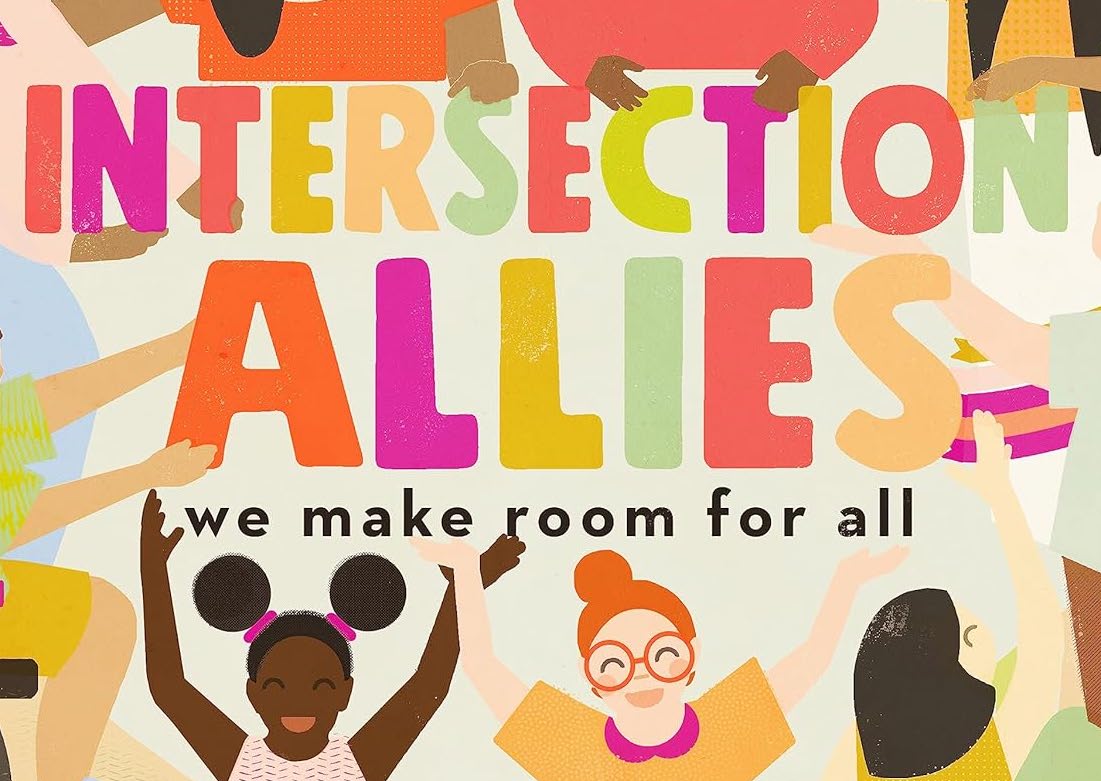
Chelsea JohnsonProject type
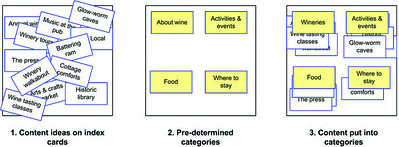
Donna SpencerProject type

Lisa WelchmanProject type
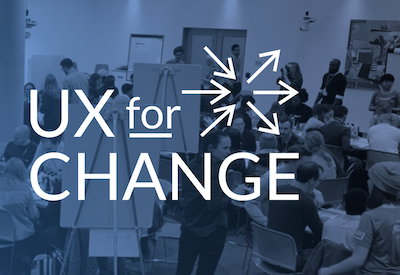
Sandra GonzālesProject type

Amelie LamontProject type

Mitzi OkouProject type

The Failings of the AIGAProject type
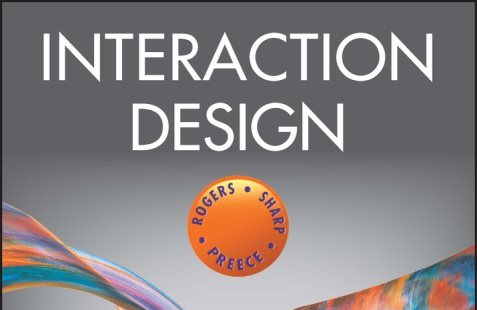
Jenny Preece, Yvonne Rogers, & Helen SharpProject type

Colleen BushellProject type

Aliza Sherman & WebgrrrlsProject type
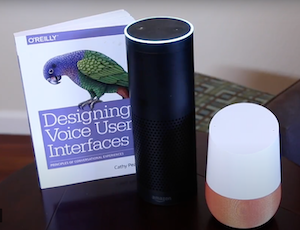
Cathy PearlProject type

Karen HoltzblattProject type

Sabrina DorsainvilProject type
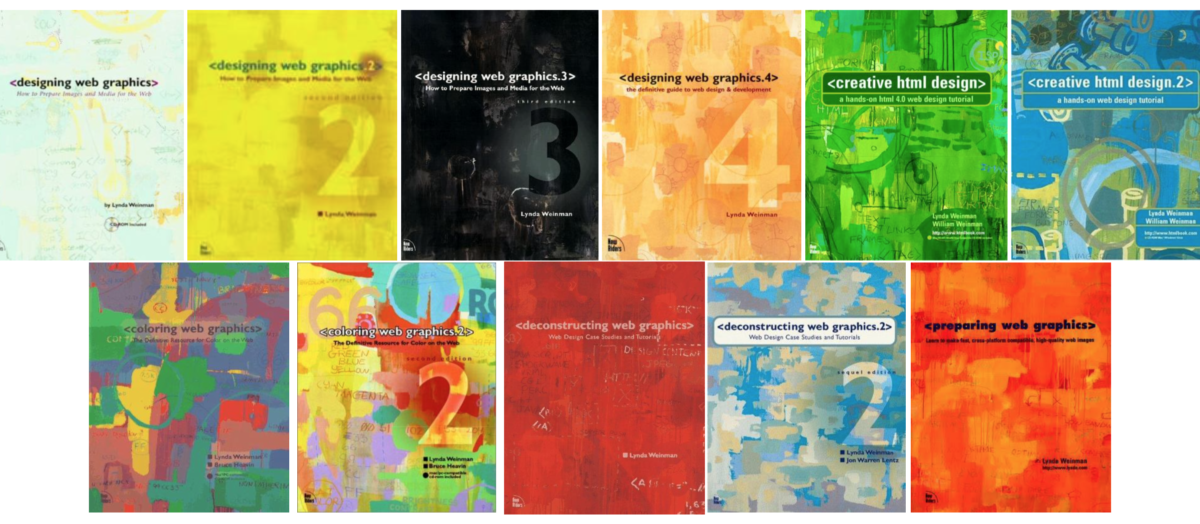
Lynda WeinmanProject type

Irina BlokProject type
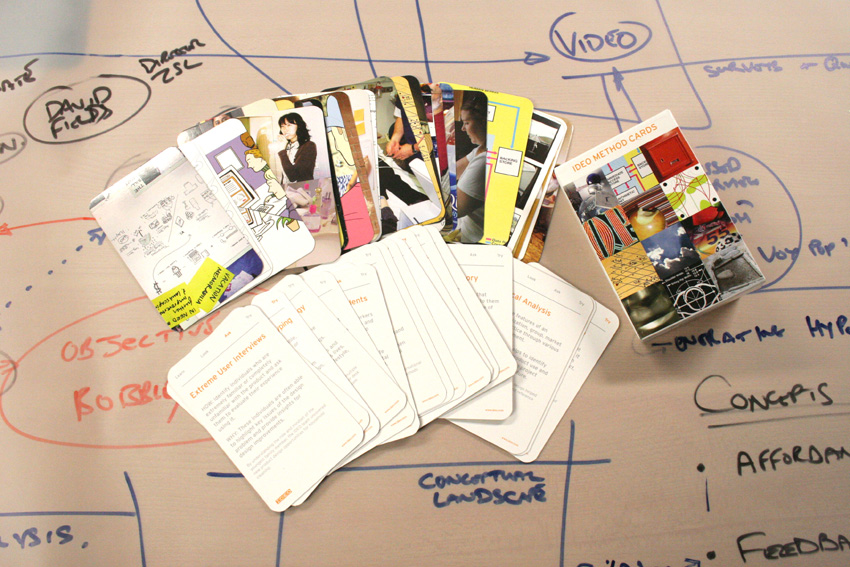
Jane Fulton SuriProject type
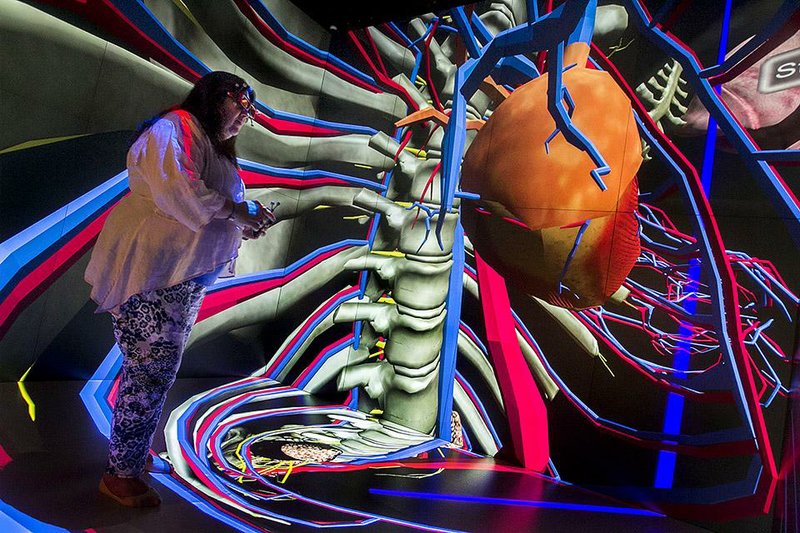
Carolina Cruz-NeiraProject type
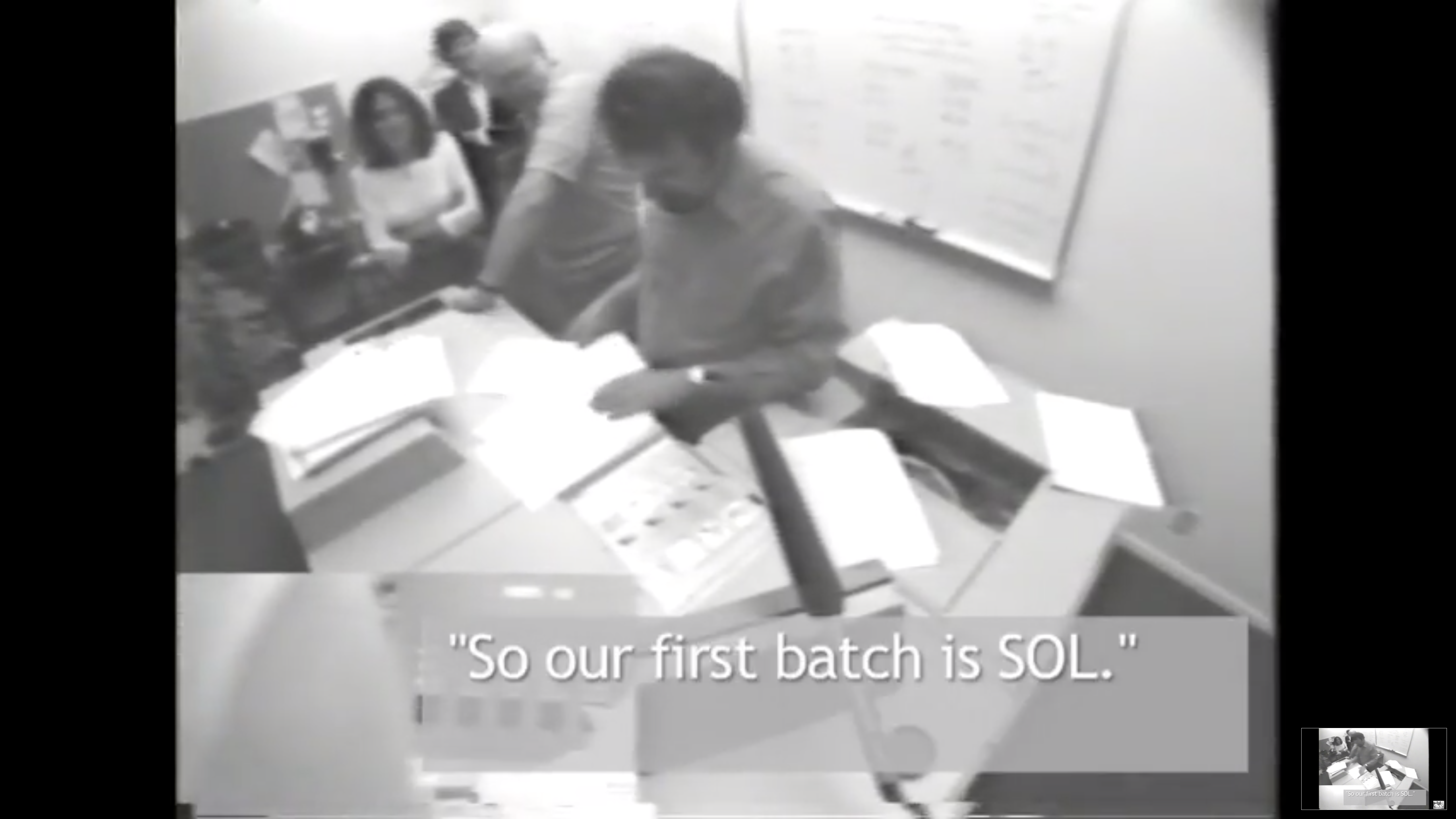
Lucy SuchmanProject type
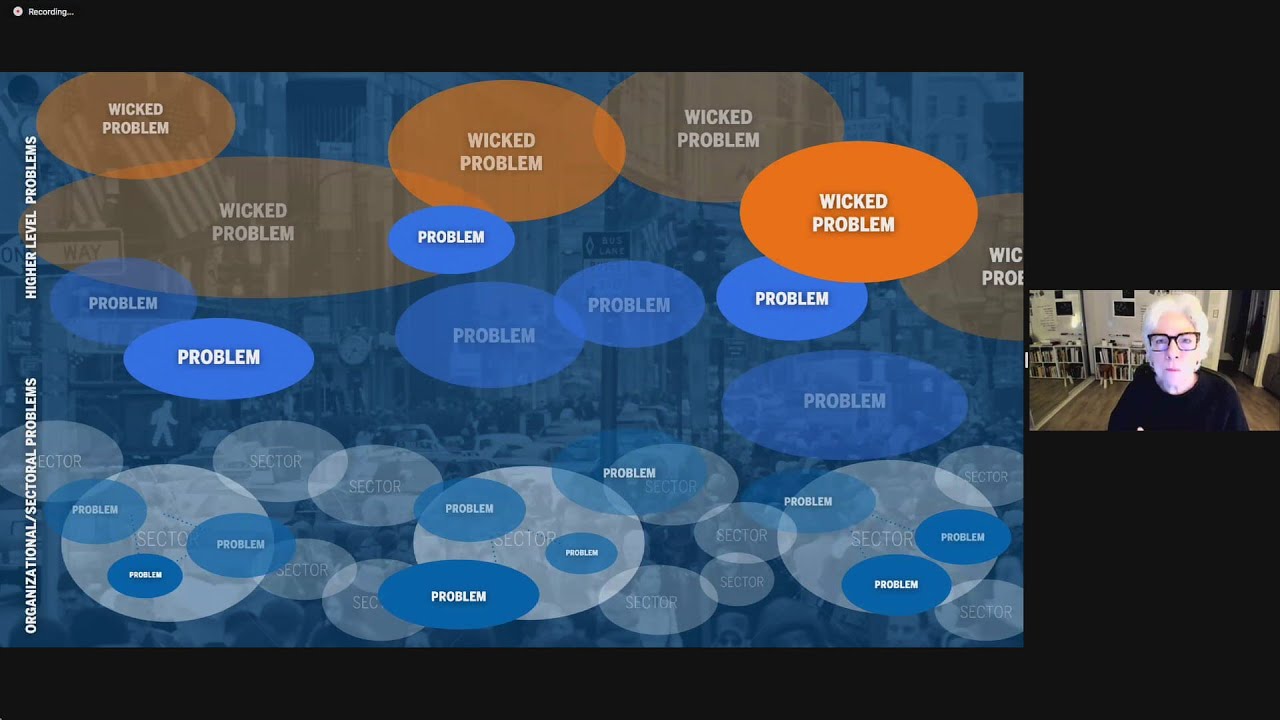
Terry IrwinProject type
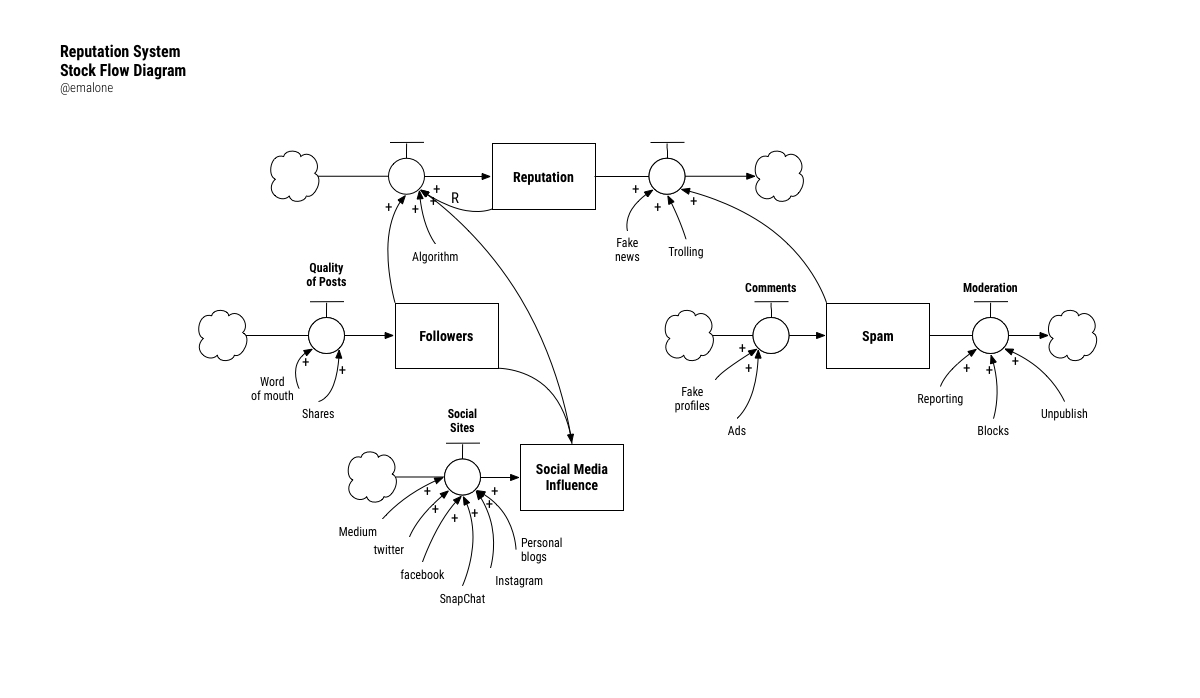
Donella MeadowsProject type
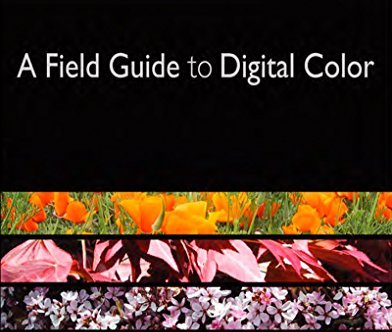
Maureen StoneProject type

Ray EamesProject type
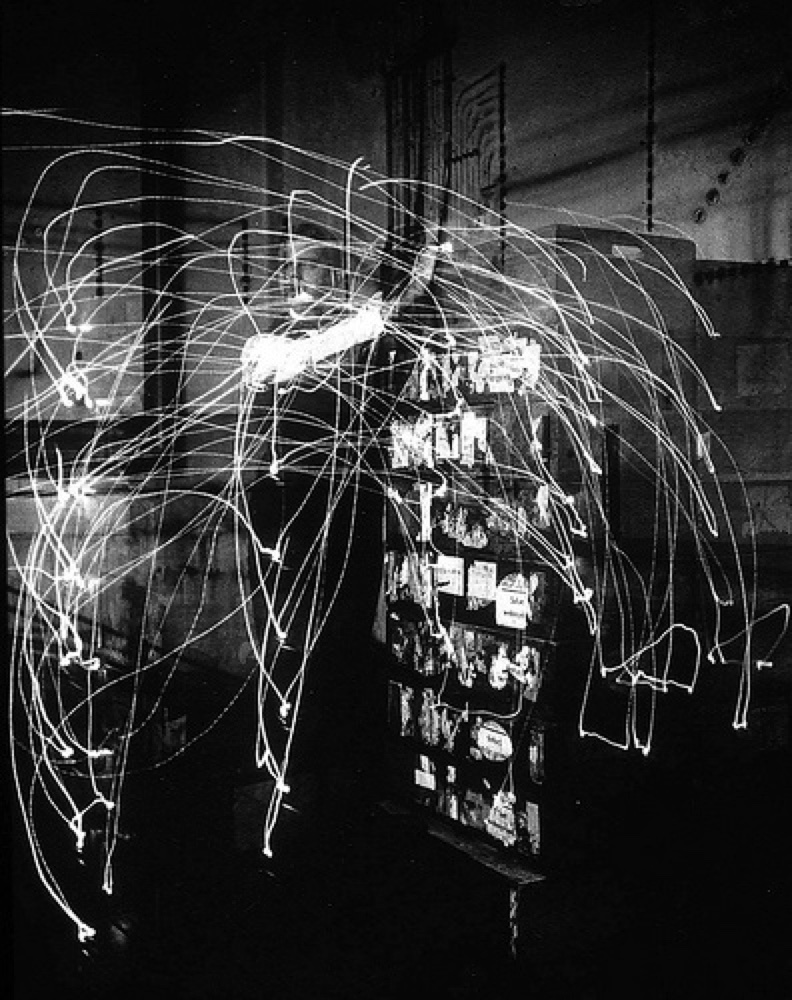
Lillian GilbrethProject type

Mabel AddisProject type

Ángela Ruiz RoblesDesigner

